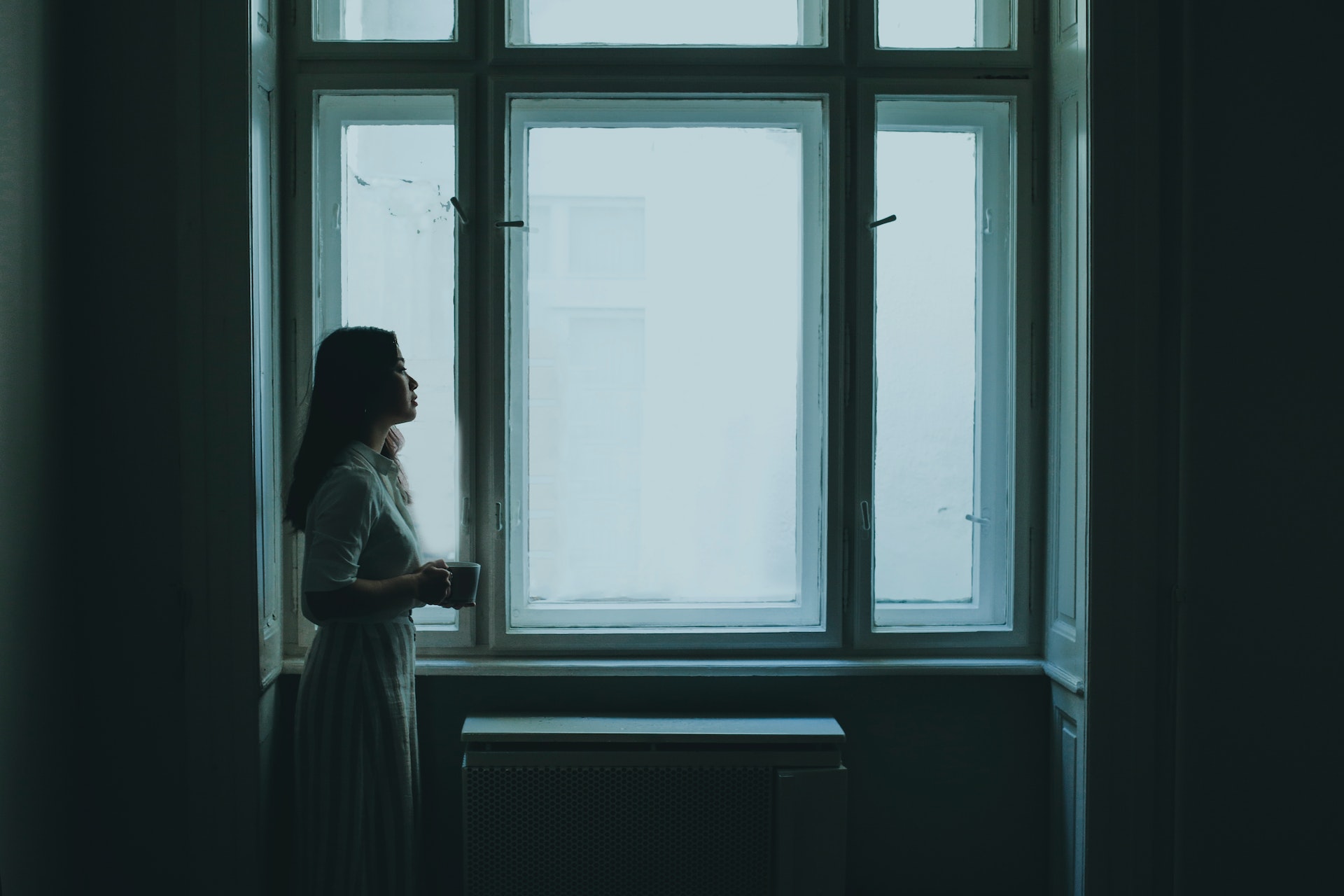Blue light therapy in morning improves sleep for patients with PTSD

After exposure to blue light therapy people with post-traumatic stress disorder (PTSD) experienced better sleep, a reduction in severe PTSD symptoms, and improved treatment outcomes, according to a new study from the University of Arizona.
The study was published in Frontiers in Behavioral Neuroscience, and led by William Killgore, PhD, director of the Social, Cognitive and Affective Neuroscience (SCAN) Lab at University of Arizona in Tucson, Arizona. A crucial aspect to maintaining good physical and mental health, sleep is an essential part of healing from PTSD. For this investigation, Killgore and his team sought to determine whether blue light therapy could help patients with PTSD achieve better sleep and improve their symptoms.
There were 82 participants included in the study, all of which were exposed to 30 minutes of light therapy every morning for six weeks. Half of the participants used blue-wavelength light and the other half used amber light. Throughout the study, researchers analyzed the participants’ neurobiological, autonomic, and behavioral outcomes.
The participants who underwent blue light therapy showed significant improvements in the severity of their PTSD symptoms. In addition, they reported improvements in their sleep as well as an increased retention of fear extinction memories. In contrast, participants exposed to amber light showed a return of their original fear memories.
According to the study’s authors, the data are promising, and indicate that this non-pharmacological intervention could provide significant improvements in sleep and PTSD symptoms.
“While the limitations of the research include its modest sample size and difficulties monitoring compliance, the possibilities of utilizing a treatment that is relatively simple, drug-free and inexpensive can offer hope for the large population of people living with the intense challenges of post-traumatic stress disorder,” Killgore said in a statement.




















SHARE